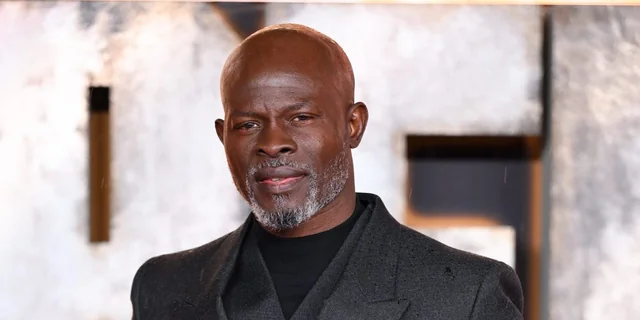I hope 2025 has been kind to you so far. Life comes with its ups and downs, but I trust you’re holding on and staying true to those who matter most. This year’s popular slogan — and I don’t even know or care who invented it or how it came into existence — “Dey for who dey for you,” seems to be everywhere, urging us to only show up for people who show up for us. At first, it might sound like a fair deal—after all, life is about give and take, isn’t it? But the more I think about it, the more I realize how dangerous and limiting this mindset can be.
The idea behind “Dey for who dey for you” is straightforward: reciprocate kindness and loyalty only when it’s given to you first. It sounds logical, even justifiable, but the truth is, it breeds a culture of transactional relationships. Relationships should not feel like a business deal where every act of kindness requires a return on investment. When we start measuring what we give to others against what they’ve done for us, we lose the essence of genuine relationship. Relationships thrive on love, trust, and understanding, not on keeping score.
I’ve seen this mindset creep into friendships, family bonds, and even romantic relationships. Imagine refusing to help a friend in need because they didn’t show up for you last month. Or cutting off a cousin because they forgot your birthday. What happens to grace, forgiveness, and empathy? Life is complicated, and people have their struggles. Sometimes, they’re unable to be there for you, not because they don’t care, but because they’re overwhelmed themselves. If we all lived by this slogan, it would create a cold, selfish world where people only give when they’re guaranteed something in return.
This slogan also discourages selflessness. There’s an unspoken beauty in helping others without expecting anything back. Some of the most rewarding moments in life come from acts of kindness extended to people who can never repay you. Being there for someone—whether they’ve been there for you or not—shows strength of character. It’s not weakness; it’s the kind of compassion that changes lives. Think about the teachers who go the extra mile for students, the strangers who lend a helping hand, or the friends who forgive even when hurt. These people are not following a “dey for who dey for you” script, yet their actions leave lasting impacts.
ALSO READ
I’m not saying you should let yourself be taken for granted. Setting boundaries is important, and no one deserves to be in one-sided relationships where they’re always giving and never receiving. But there’s a difference between setting healthy boundaries and adopting a purely transactional approach to life. The former protects your peace; the latter makes you guarded and calculating.
Instead of “dey for who dey for you,” what if we embraced a slogan that promotes understanding and generosity? Something like “Give grace, receive grace,” or “Be the light, even in shadows.” Life becomes more meaningful when we give freely, not because we’re keeping tabs, but because it’s simply the right thing to do.
As 2025 unfolds, let’s challenge this slogan by being better versions of ourselves. Be there for people not because they’ve checked some imaginary box, but because you genuinely care. You might just inspire them to do the same. And who knows? In the process, you could create ripples of kindness that reach far beyond anything a slogan could ever capture.







